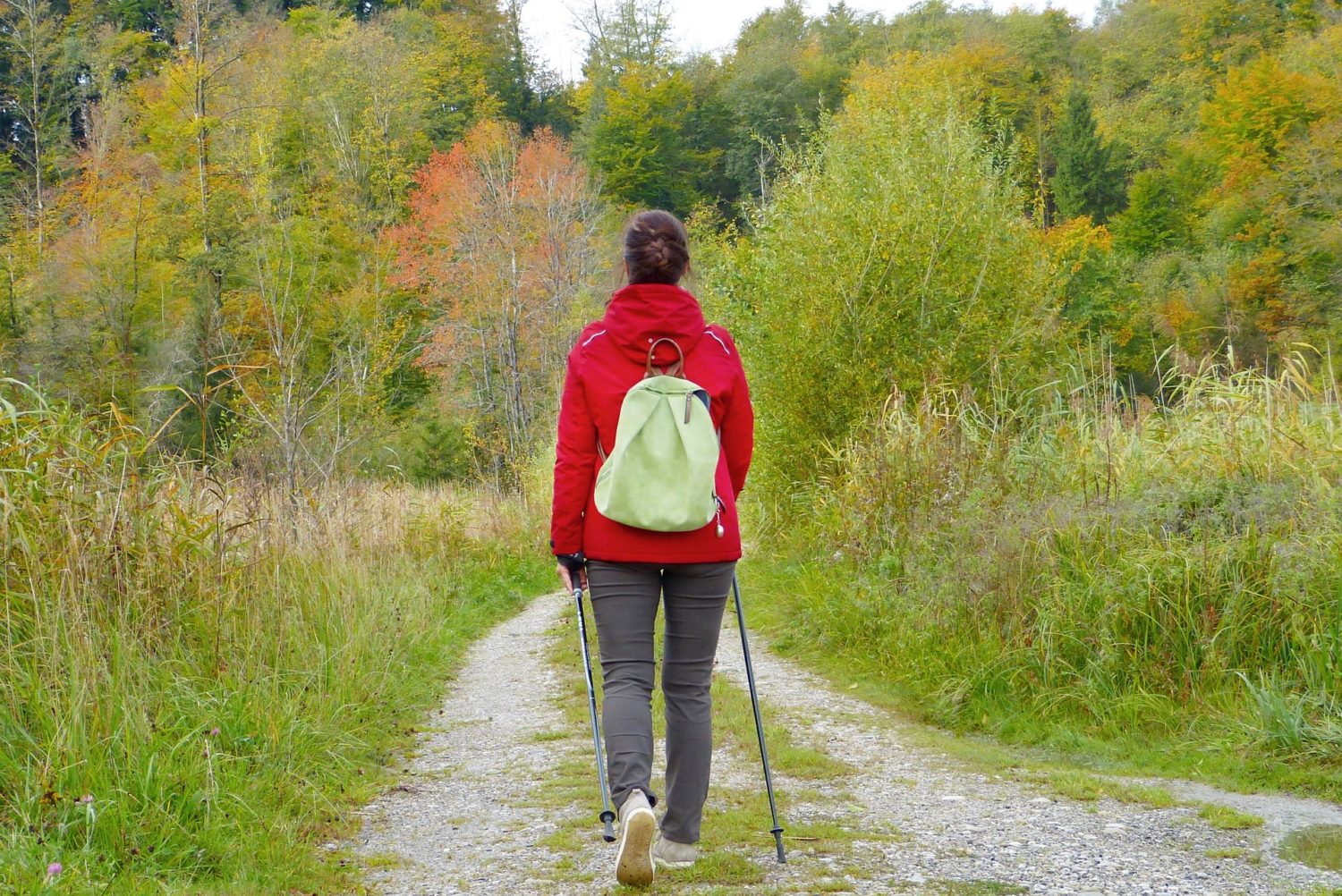Originally posted on Cannabis Culture By Dr Frank
Could medical marijuana be one of the answers in treating depression? Before we go into why and how, it is best to understand how depression arises and how it is treated at the moment. Another thing important to remember is that there are two main types of depression: unipolar and bipolar depression/disorder.
Depression is one of the most common mental health conditions affecting the people of the US, with around 26% (and perhaps more) of the population suffering from it. Major depression affects around 16.1 million people in the United States. According to some estimates, depression may well become the second leading cause of disability throughout the world, trailing only ischemic heart disease. Anxiety disorders, which are often comorbid with depression, affects around 40 million adults in the US.
Unipolar depression is when a person has a consistent low mood, whereas those with bipolar disorder tend to go through “cycles” of extreme elation and extreme depression. Most (though not all) antidepressants work for unipolar depression, not necessarily bipolar depression. For those with bipolar disorder, antipsychotics are more commonly used than antidepressants, although sometimes antidepressants may be used. However, there is no evidence that antidepressants work for bipolar depression, and they may in fact increase rapid cycling.
So, what causes depression? Like many conditions, there seems to be a range of influences. Genetics, changes in hormone levels, persistent stress, grief and difficult life circumstances all seem to play a role. Depression does seem to cause changes in brain chemistry, and those who suffer from it seem to lack any balance of the neurotransmitter serotonin, which regulates anxiety, mood and happiness.
Serotonin is bound by 5-HT2 receptors (a subgroup of the 5-HT receptor, of which there are seven – 5-HT1 through to 5-HT7), and there are three 5-HT2 subgroups: 5-HT2A, 5-HT2B and 5-HT2C. Serotonin is mostly produced in the gastrointestinal tract, a location of the body where cannabis seems to have very intriguing therapeutic effects.
This means that a person who is depressed produces low levels of serotonin, has fewer receptor sites that can receive serotonin, or whose body doesn’t produce the required levels of tryptophan – the chemical precursor to serotonin. Serotonin also plays a significant role in sleep, breast milk production, appetite, memory and learning, and therefore plays an important role in homeostasis. Serotonin also seems to affect heart rate, with extremely high or low levels of serotonin being implicated in an irregular heartbeat and an increased rate of cardiovascular disease.

Norepinephrine is another neurotransmitter implicated in the development of anxiety and depression, due to its function in the flight-or-fight response and stress. Norepinephrine is produced mostly by the brain, spinal cord and abdomen, and is released directly into the bloodstream by adrenal glands. The precursor to norepinephrine is dopamine, which suggests why so many drugs have an impact on the brain’s norepinephrine system.
Norepinephrine acts on target cells by binding to and activating noradrenergic receptors, which controls flight-or-fight responses. Norepinephrine increases heart rate and blood pressure, triggers the release of glucose from energy stores, reduces blood flow to the gastrointestinal system, increases blood flow to the skeletomuscular system and inhibits voiding of the bladder. Norepinephrine systems are also targeted for many medical purposes, from enhancing the effects of anaesthetics to treating critically low blood pressure.
Depression is often also a major side-effect of many other conditions and/or treatments. Someone suffering from chronic pain or post-traumatic stress disorder (PTSD), or someone going through chemotherapy, may well feel heavily depressed as well. Unsurprisingly, feeling down in a hole all the time can lead to other problems, like trouble eating, sleeping and keeping active. This can exacerbate other illnesses, as those suffering from depression are more prone to falling sick.
Though it sounds a bit simplistic, feeling stressed, anxious and depressed all the time can either cause more serious health issues to arise, or make existing health problems worse. Depression really is a negative spiral that can lead to worse problems down the line. For this reason, it is of huge concern for many doctors and patients to find the best way in getting depression treated properly.

This means that the antidepressants used to treat depression is often used to help treat many other conditions, including: anxiety disorders; chronic and neuropathic pain; migraine; substance addiction/dependence; menstrual cramps; eating disorders (anorexia, bulimia and obesity); snoring; attention-deficit hyperactivity disorder (ADHD); PTSD; sleep disorders; and obsessive-compulsive disorder (OCD). This is because antidepressants like selective serotonin reuptake inhibitors (SSRIs) are highly specific in that they work on one particular system in the body, and in addition have a relatively high safety profile.
As for treating depression, a class of drugs known as “antidepressants” are used. Depending upon the condition, antidepressants may be used in combination with other drugs. For example, antidepressants are often used in combination with nonsteroidal anti-inflammatory drugs (NSAIDs) for chronic pain. Antidepressants are also sometimes combined with cannabis in order to beat pain, as an alternative to opioids. The types of antidepressants used are:
Finish reading this article by visiting Canabis Culture here.

